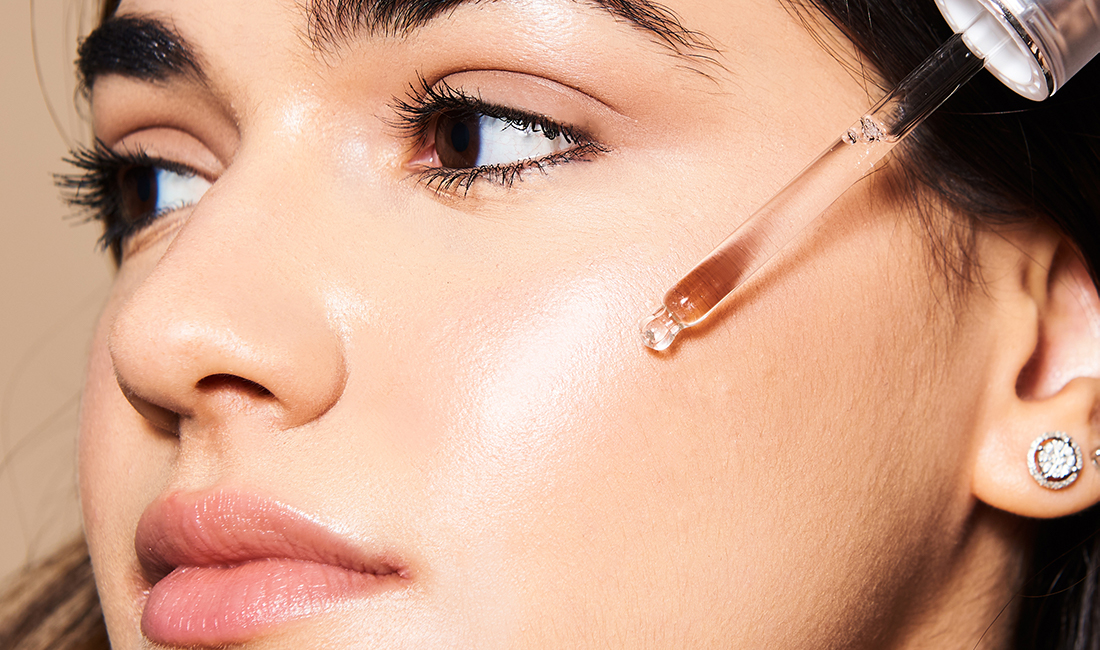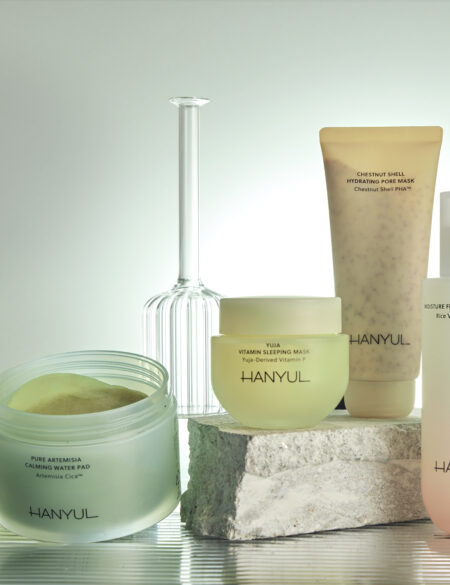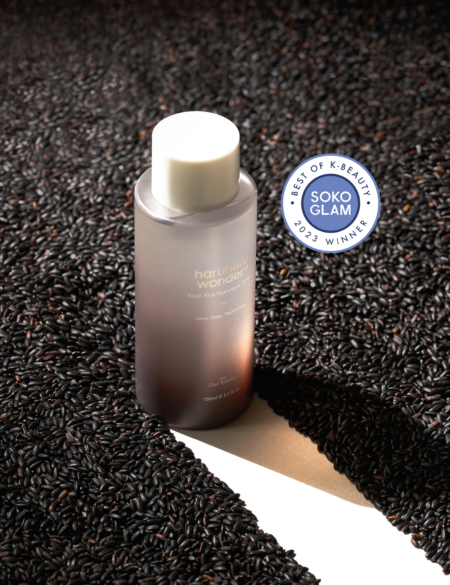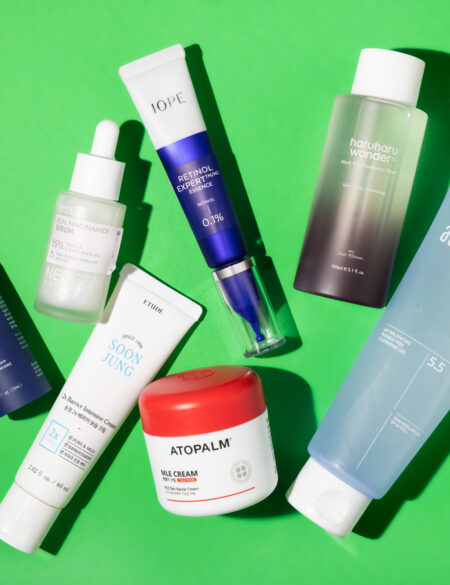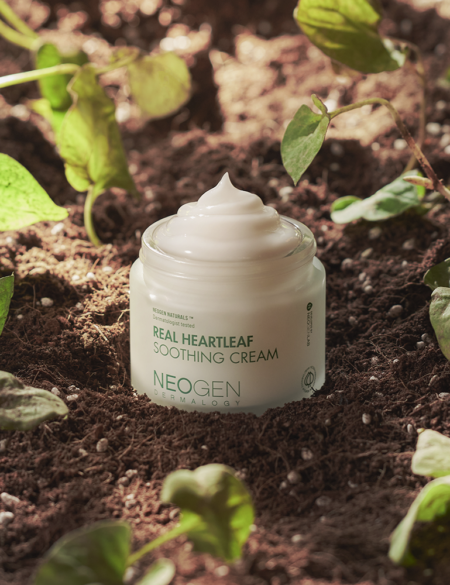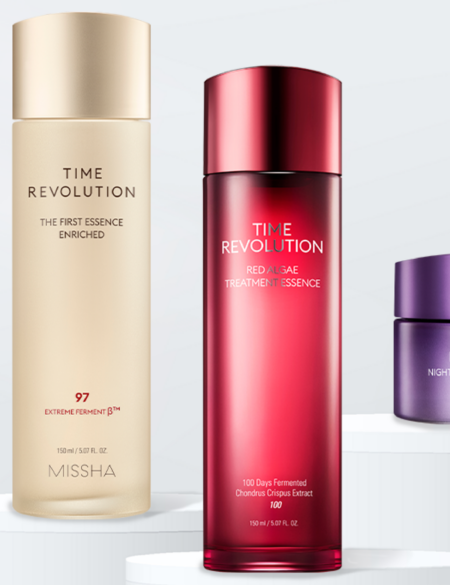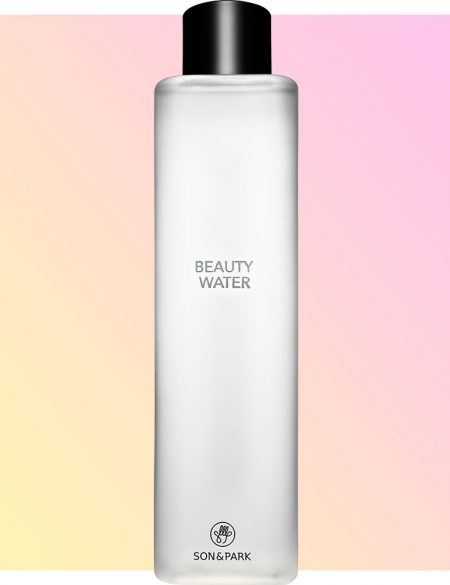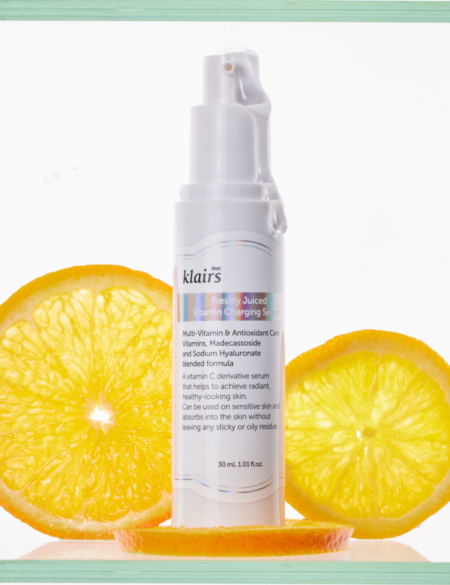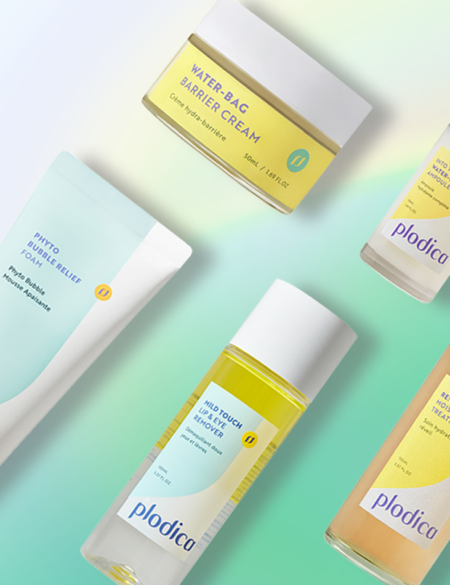If you’ve started seeing the word ‘microbiome’ popping up everywhere, we bet you have a lot of questions. Like… what the heck is a microbiome in the first place? And how does it affect your skin? Below, we answer those questions, plus many, many more.
Before we talk about the skin’s microbiome, let’s first outline what a microbiome is, in general. According to Dr. Sandy Skotnicki, a consultant dermatologist and founding director of the Bay Dermatology Centre in Toronto, the easiest way to understand microbiome is to think of it as “a collection of microorganisms including bacteria, viruses, and fungus that live on us.”
Dr. Yug Varma, a microbiologist and the CEO of Phi Therapeutics in San Francisco, elaborates. “We used to think of bacteria as gross, or mostly dirty and disgusting things that are to be eliminated and avoided. But research into the microbiome has shown that the vast majority of our microbiota — the members of our microbiome — are not only benign but crucial to our health.” In other words, without it we cannot develop a healthy immune system and are more susceptible to a whole range of inflammatory disorders.
RELATED: How Vaping and E-Cigarettes Really Affect Your Skin
What Is The Skin Microbiome?
While most of us are semi-aware of gut microbiome, we’re not so knowledgeable about the skin microbiome, so you’ll probably be surprised to learn that there are at least a billion microbes on every square centimeter of your skin. “In fact,” says Dr. Varma, “the skin alone has multiple separate microbiomes — for wet, dry, and oily (sebaceous) regions of the skin within our body.” Oily regions, for example, are found on our face, chest, and back — where we are most likely to experience acne. Ultimately, these microbiomes play an important role in protecting our skin and keeping it healthy.
How The Microbiome Affects Skin
As Dr. Michele Squire, PhD, skin scientist and founder of QR8 in Sydney, explains, “The science underpinning exactly how our skin microbiome works is very new and only just starting to be understood.”
However, what we do know is that it forms part of our skin barrier’s defense mechanism in tandem with our immune system.
“At the simplest level, the commensal, or ‘garden variety,’ microbes in our skin microbiome block the bad bacteria by just being on our skin,” says Dr. Varma. “In other words, they occupy physical space and use up nutrients on our skin in a way that prevents other harmful bugs from getting a foothold and infecting our skin.”
Given the number of things we touch per day, these bugs can come from anywhere and our skin microbiome is constantly fighting them off. “Our skin microbiome also helps us preserve our acid mantle, which is the low pH our skin maintains to discourage bacterial overgrowth,” adds Dr. Varma.
How To Support The Skin Microbiome
According to Dr. Squire, “If you have healthy skin, your skin microbiome looks after itself so there is no need to invest in dedicated ‘microbiome-friendly’ cosmetics or topical products.”
Dr. Skotnicki agrees, noting that while there’s a lot of hype around probiotic skin care, and while probiotics are great for your gut, there’s no strong evidence that indicates if it actually impacts the skin.
“Other than looking after our health by eating well, limiting excessive alcohol intake, not smoking, protecting our skin from the sun, and keeping stress under control, there’s not a lot we need to do to support our skin microbiome. It continues its protective role without any conscious input from us,” says Dr. Squire.
The only thing you really need to do is to stay away from harsh skin products since overuse can weaken or harm the skin microbiome. Dr. Varma lists benzoyl peroxide, antibiotics, high doses of retinoids, and several chemical peels as products to be wary of.
If you do, however, have skin concerns such as acne, eczema, rosacea, photoaging and dry skin, it doesn’t hurt to consider adding gentle and science-backed probiotic skin care to your routine.
The Future Of The Skin Microbiome
Acne, psoriasis, eczema, dermatitis, and ulcers are all skin diseases that are associated with changes in the skin microbiome. Though there’s currently little evidence to support the use of topical probiotics to support these conditions and, ultimately, the skin microbiome, Dr. Squire believes that “as more and more research effort is dedicated to determining which probiotics target specific skin issues, and the research expands to include improving healthy skin, coupled with advancements in scientific tools to study skin microbes … we will see more probiotics appearing in our skin care.” Until then, we wait.


